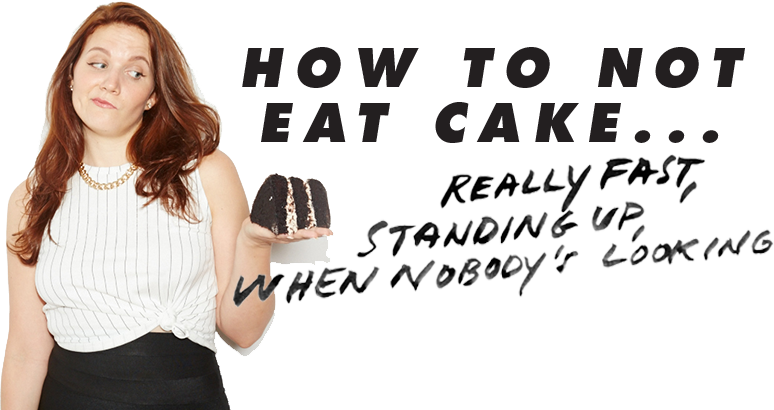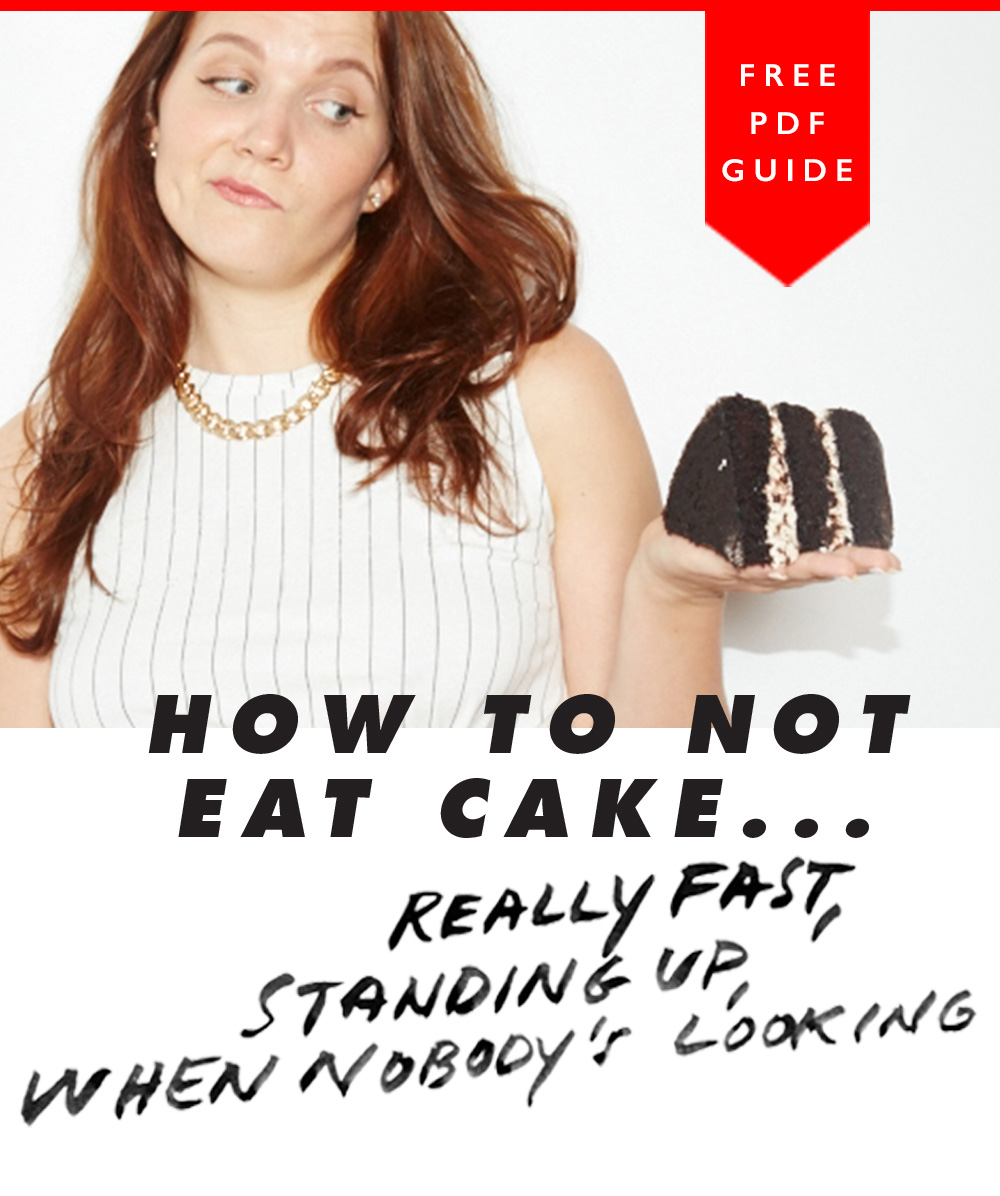
When feeling “full” isn’t enough…
Fullness is what happens when your stomach pouch is full of a certain volume of food—when your stomach pouch is stretching or distended from being literally filled up.
Satisfaction, on the other hand, is a statement about desire.
To be satisfied means, “I truly do not want any more food…I feel physically and emotionally complete with my meal.”
Sometimes satisfaction will require becoming very full—even uncomfortably full—while, other times, satisfaction will demand less.
Early intuitive eaters often shoot for some “acceptable” amount of fullness—rather than shooting for true satisfaction,
and then wonder what is wrong with them when they “can’t stop” at their own imaginary line of “acceptable fullness.”
The reality is, fullness alone is not always enough. If fullness isn’t accompanied by satisfaction, you will need—and you will eat—more
(…and that’s “normal”).
Satisfaction results from a complex combination of chemical and emotional needs being met in the body and mind,
including things like pleasure and relaxation, as well as adequate calories and macronutrients…none of which is guaranteed by a feeling of fullness alone.
For instance, you can fill your belly up to the brim with food…but if you’re anxious and fearful (of weight gain or disease) while doing so…satisfaction is unlikely.
Similarly, you can fill your belly up with all the vegetables and protein in the world…but at some point you will feel wholly unsatisfied without adequate carbohydrates and fat…and vice versa.
Of course, allowing yourself to become truly satisfied means making peace with the possibility of fullness beyond what diet culture has told you is “okay.”
Allowing yourself to become truly satisfied means making peace with where ever you happen to land on the fullness spectrum when satiation occurs.
PS—if you’re having trouble reaching “satisfaction,” this blog may also help.
PPS—to learn more about How To Stop Binge Eating for good, make sure to check out this important post.

